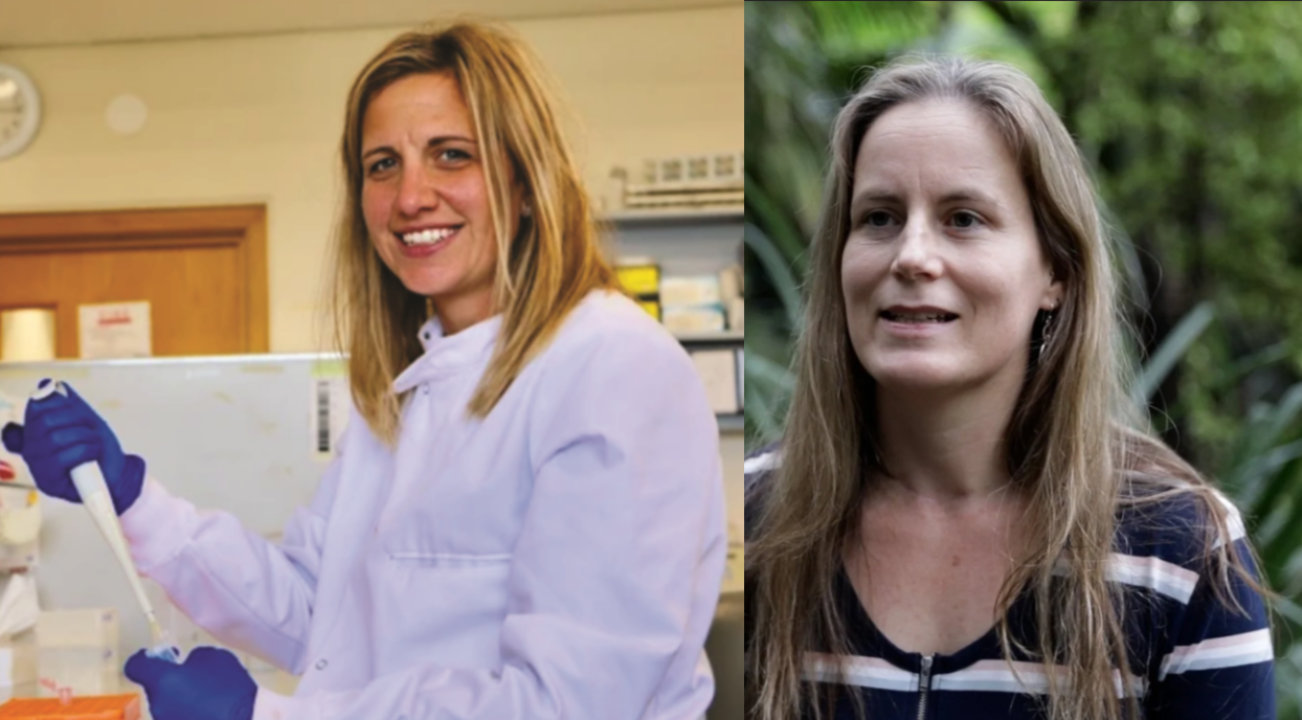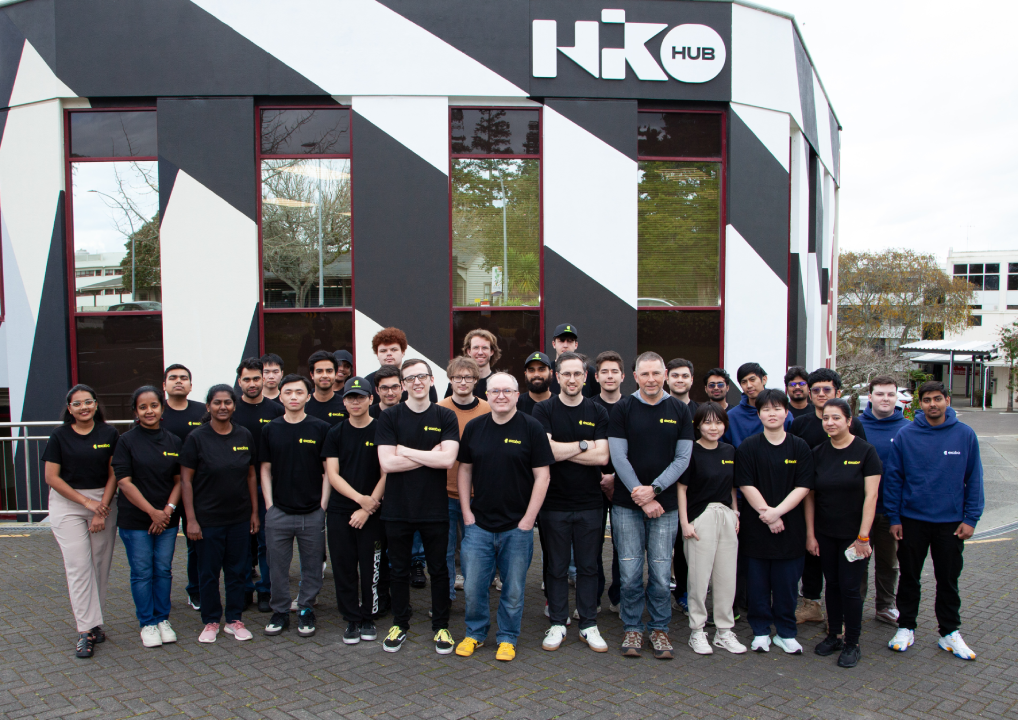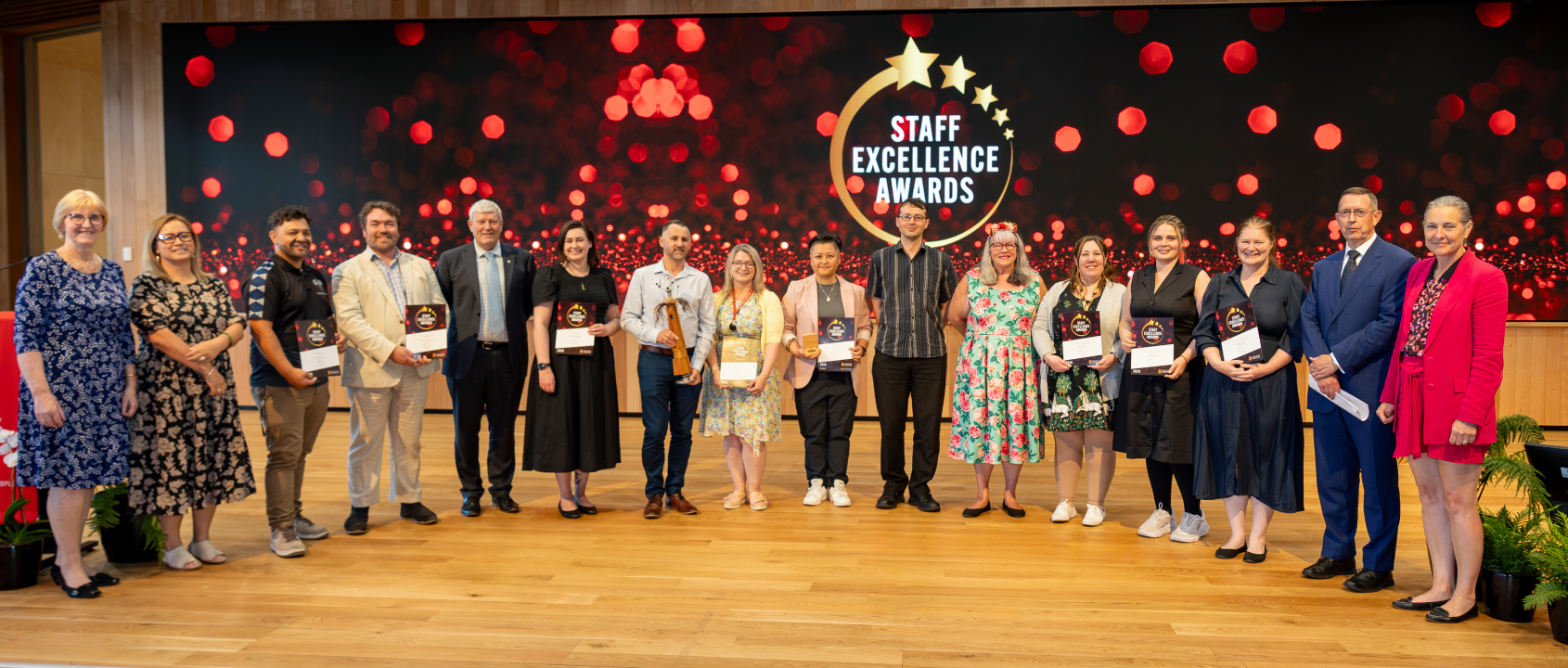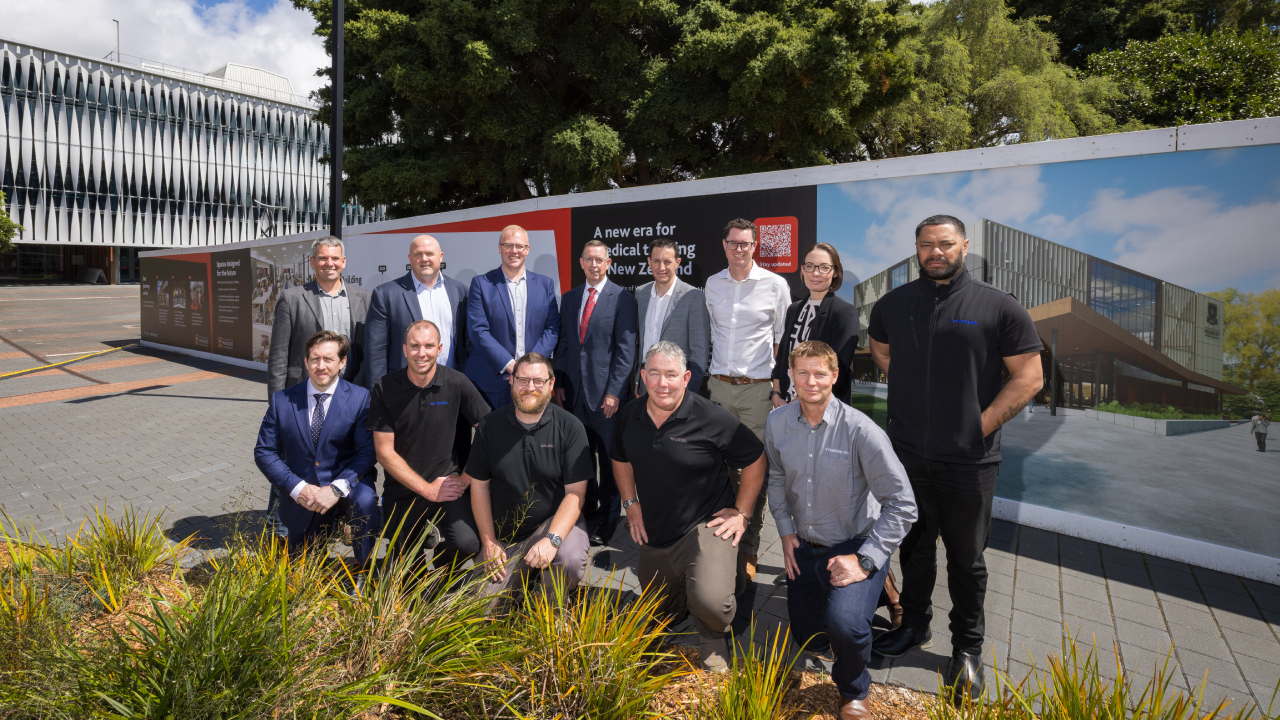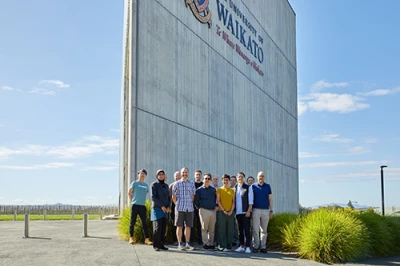
The team behind leading research and teaching in AI also celebrated the launch of the University’s dedicated Artificial Intelligence Institute Te Ipu o te Mahara in 2021, the first of its kind in New Zealand.
Building on over 25 years’ of internationally recognised research, artificial Intelligence (AI) will be offered by the University as a subject in its Master of Science, Master of Science (Research), Postgraduate Diploma and Honours programmes from next year.
This follows the official launch of the University’s dedicated Artificial Intelligence Institute Te Ipu o te Mahara this year, the first of its kind in New Zealand. It was set up with the aim of keeping New Zealand at the forefront of AIs and equip industries with the skills to turn data into life.
Those behind the Institute are taking an interdisciplinary and collaborative approach to developing cutting-edge AI research, training and education.
Institute Director, Professor Albert Bifet, renowned for his work in data science, says Waikato’s world-class expertise and research in AI will continue to boost New Zealand’s already booming tech industry – currently the third- largest industry in the country.
“As a team, our focus on real-time analytics for big data, machine learning, deep learning and open source software has ultimately resulted in the creation of some of the world's most popular open source tools for machine learning,” Professor Bifet explains.
“Our goal is to build awareness and expertise across disciplines so we can better leverage AI for the benefit of our communities.”
Waikato is already an innovator in AI and Machine Learning, responsible for applications like WEKA, the world's first open source machine learning library. More recent open source contributions include MOA and River.
“WEKA has been downloaded more than 12,500,000 times since its release in the 1990s and the online course has seen close to 50,000 enrolments since 2017,” says Professor Bifet.
“Our researchers have also written books on machine learning and data mining used by Google employees and computer science departments in universities around the world.”
Examples include the textbook Data Mining: Practical Machine Learning Tools and Techniques, which has four editions, each of which has sold about 25,000 copies, and has received over 65,000 citations, making Professor Ian Witten and Professor Eibe Frank two of the most highly cited computer scientists in New Zealand.
The University has also recently invested in New Zealand’s most powerful computer for AI, an NVIDIA DGX A100.
The AI institute has four of the seven top computer scientists in New Zealand according to the citation metric , including Professor Bernhard Pfahringer, an award winner in data mining, and Associate Professor Te Taka Keegan, an expert in Māori language and technology.
Professor Bifet says research into real-time analytics for big data offers huge opportunities to create new businesses and transform existing businesses in New Zealand and around the globe.
“DGX A100 offers a step-change in computer performance, the efficiency and effectiveness of processing the huge datasets behind deep learning, machine learning and AI,” says Professor Bifet.
Professor Bifet, currently secretary of the Artificial Intelligence Researchers Association, also led the authoring of their recently released whitepaper Aotearoa New Zealand Artificial Intelligence - A Strategic Approach discussing current AI capabilities in Aotearoa New Zealand and offering recommendations for establishing Aotearoa New Zealand as a research centre of excellence and trust in AI.
A catalogue of papers for enrolment in graduate and postgraduate studies in Artificial Intelligence from 2022 is set to be released in the coming weeks.
The AI Institute's research supports the University of Waikato's commitment to the United Nations Sustainable Development Goals, including Industry, Innovation and Infrastructure (SDG#9).
